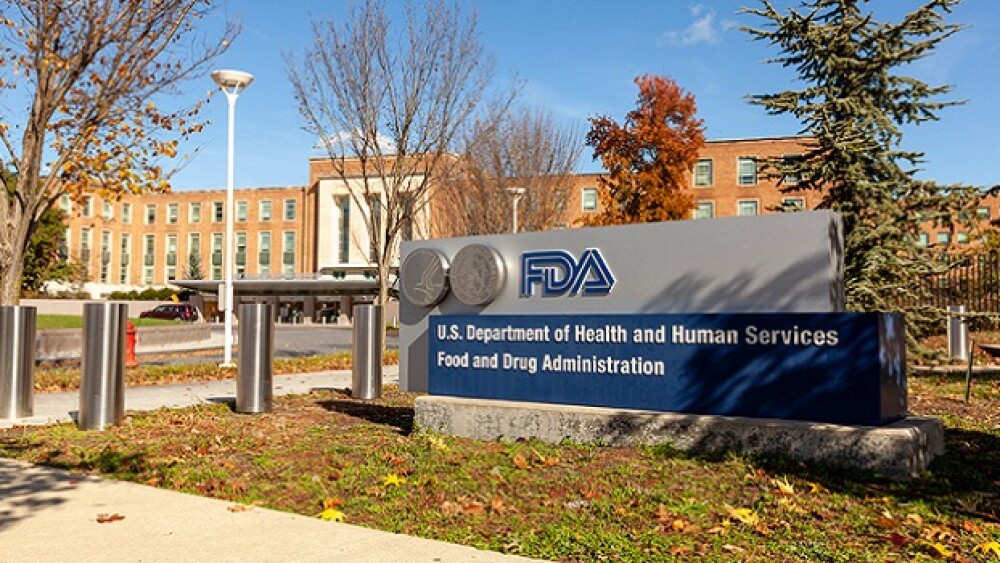The two companies will explore potential oncology treatments with emerging technology.
nitpicker / Shutterstock
GlaxoSmithKline is diving deeper into the realm of synthetic lethality through a new partnership with Bay Area-based IDEAYA Biosciences. The two companies will explore potential oncology treatments with emerging technology.
This morning, the two companies announced a broad strategic partnership in this study and the news sent shares of IDEAYA skyrocketing more than 80% in premarket trading. The stock jumped from Monday’s closing price of $8.95 per share to $16.15. The companies will harness the potential of IDEAYA’s Synthetic Lethality programs MAT2A, Pol Theta, and Werner Helicase programs, which are projected to reach clinical trials within the next three years. In its announcement this morning, IDEAYA said it has solved the crystal structures for each of its programs, which will enable structure-based drug design. Additionally, the South San Francisco company said it has demonstrated in vivo proof of concept in relevant animal models for its MAT2A and Pol Theta programs.
ad
Synthetic lethality occurs due to a combination of deficiencies, such as mutations or inhibitions that are expressed on two or more genes that lead to the death of a cell. The idea behind synthetic lethality is that cancer tumors have a tolerance for mutations in DNA. However, there are DNA combinations that can kill them, such as with PARP inhibitors, including GSK’s Zejula, among others. By reducing the ability of diseased cells to self-repair, those cells can become overwhelmed by their own DNA damage and undergo cell death. Synthetic Lethality is one of four core research focus areas for GSK in oncology.
IDEAYA Biosciences Chief Executive Officer Yujiro S. Hata said the U.K. pharma giant is the ideal partner for his company. Hata said the partnership will enable “compelling potential combinations and the opportunity to build the industry-leading Synthetic Lethality pipeline that targets molecularly defined populations in several major solid tumors.” Those cancer types include lung, prostate, breast, colorectal, and ovarian cancer, Hata added.
Chief Scientific Officer Michael Dillon said the two companies have a complementary pipeline that has the potential to deliver transformational benefits to cancer patients.
Under the disclosed terms of the agreement, IDEAYA will lead the MAT2A program through early clinical development. IDEAYA is responsible for all costs of the MAT2A program prior to the GSK option exercise. Thereafter, IDEAYA is responsible for 20% of global development costs. Additionally, the partnership will provide a 50% profit share for IDEAYA, as well as royalties on any commercialized product sold outside the United States for the MAT2A and Werner Helicase programs. IDEAYA will receive global royalties for the Pol Theta program, and GSK will cover all research, development, and commercialization costs. GSK will be responsible for all commercialization activities and costs globally for licensed products.
IDEAYA and GSK are not the only companies exploring synthetic lethality. Last month, Bristol Myers Squibb and Montreal-based Repare Therapeutics struck a deal to explore synthetic lethality in oncology. Cambridge, Mass.-based Cyteir Therapeutics is also focused on fighting cancer using synthetic lethality, although the company uses a slightly different approach in its methods.





